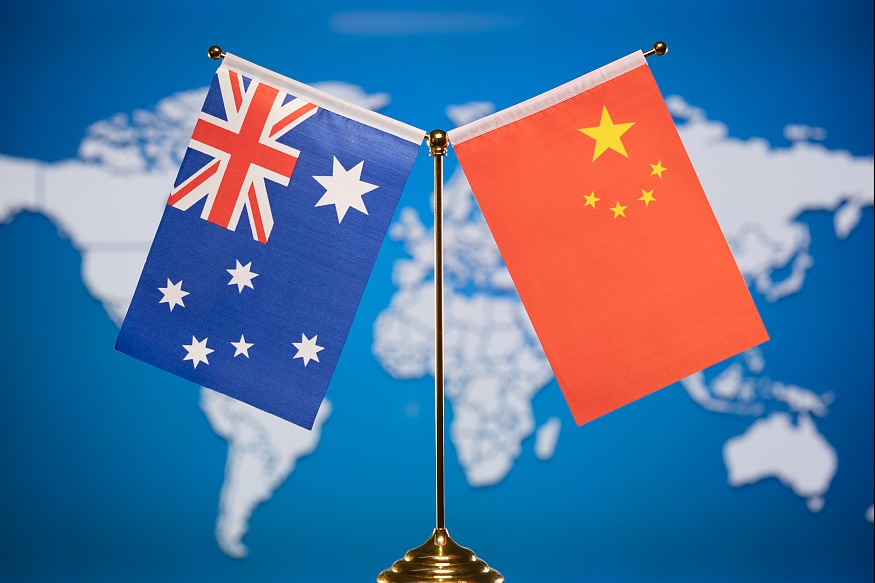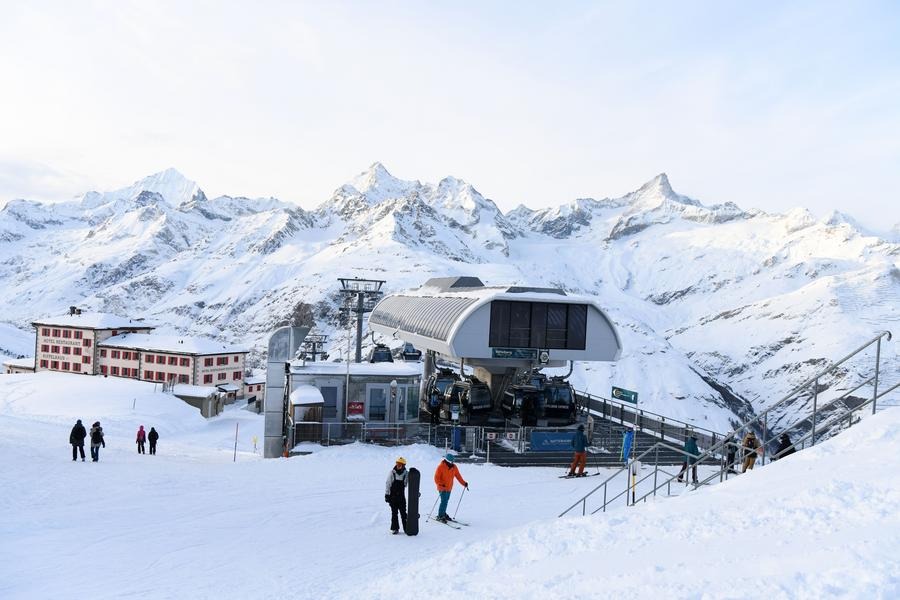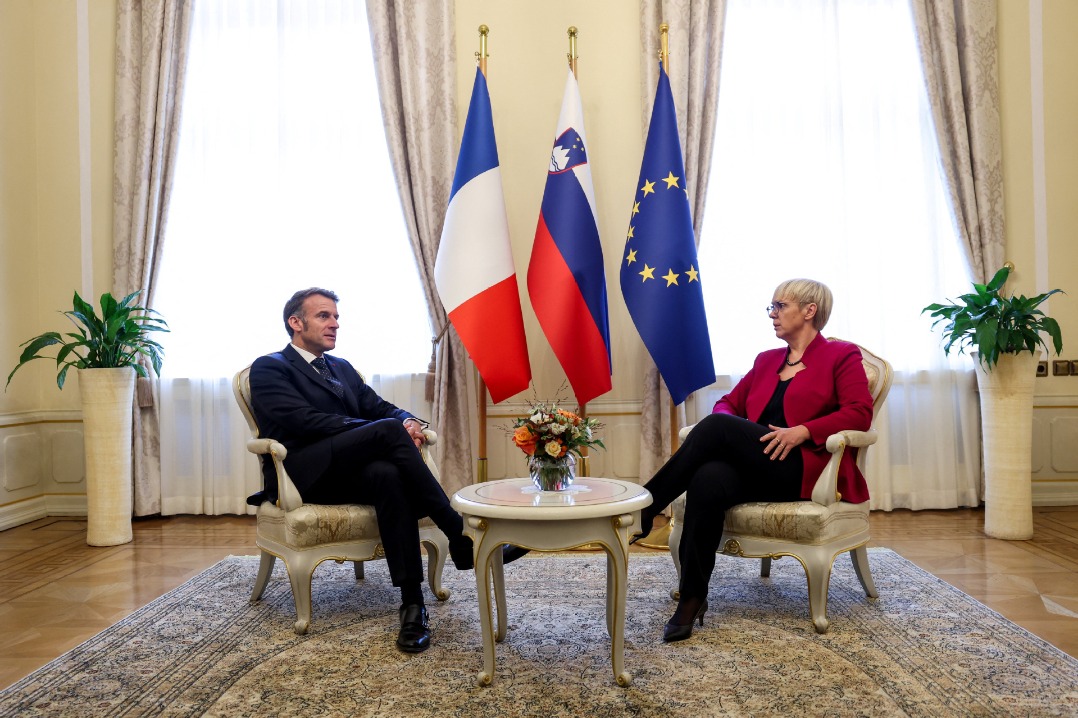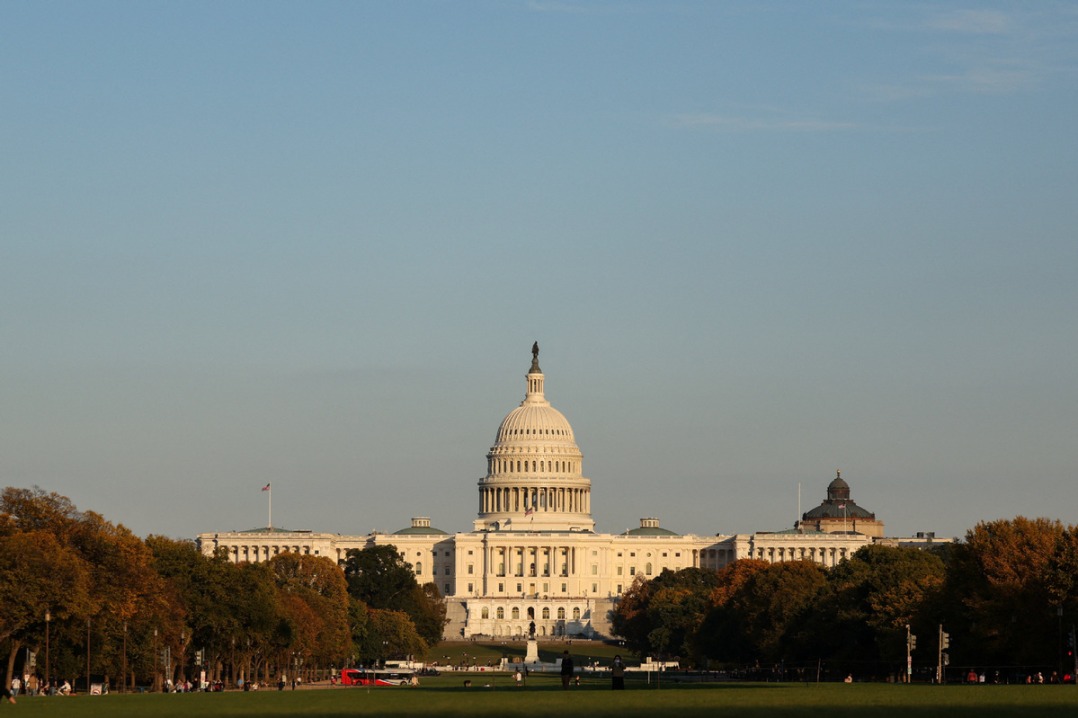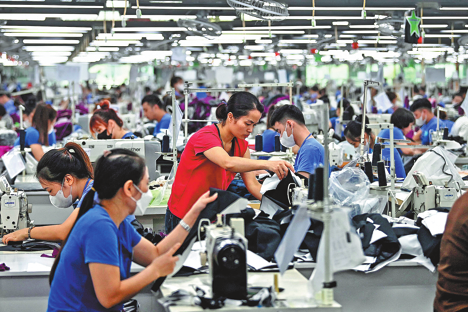China's EU envoy urges more BRI cooperation

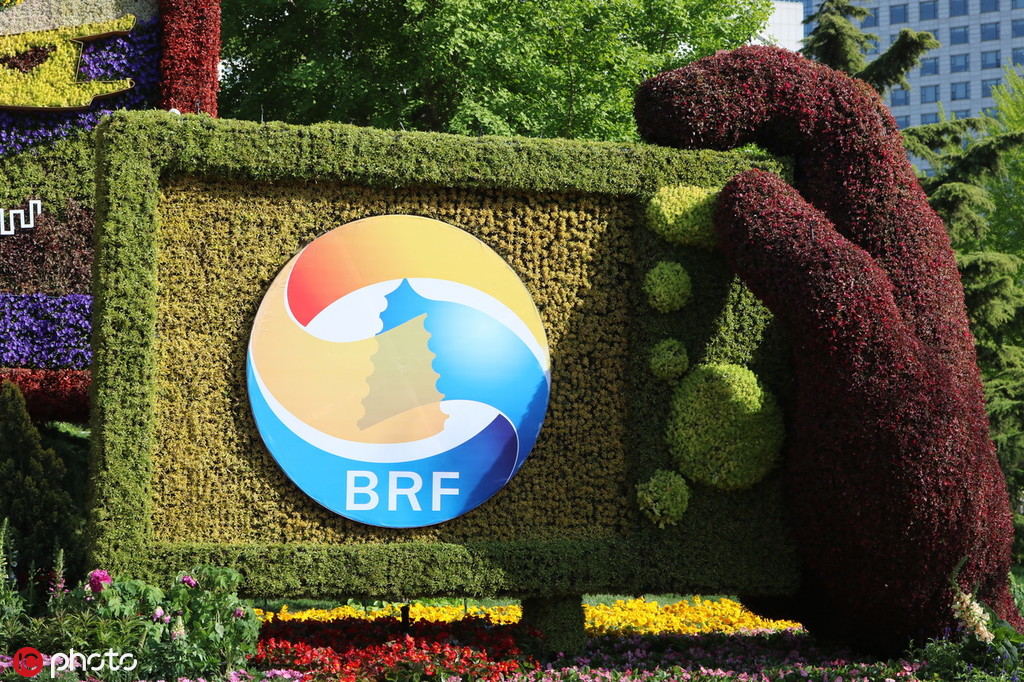
Chief of Mission Zhang Ming proposes an FTA to connect the two big markets
China and the Europe should step up their practical cooperation on the Belt and Road Initiative, also known as BRI, according to China's top diplomat to the European Union.
Zhang Ming, head of China's Mission to the EU, said on Monday that he was encouraged by the consensus between China and the EU to strengthen cooperation on connectivity, referring to China's BRI and EU's Connecting Europe and Asia strategy.
"So now, the question is not yes or no, but how?" he told a seminar on BRI in Brussels.
Zhang quoted European Commission Vice-President Maros Sefcovic that a number of commonalities exist between China's BRI and EU's vision for connectivity, and while the two have disagreements on some issues, they have common challenges to tackle and a wide range of opportunities to explore.
Sefcovic, as a special representative of European Commission President Jean Claude Juncker, made the comment in Beijing last month during the second Belt and Road Forum for International Cooperation.
"I fully agree," Zhang said, adding that Europe has become a major participant, contributor and beneficiary of the forum.
Many European leaders attended the Beijing forum, signing documents on investment and financing, third-party markets, science and innovation and China-Europe Railway Express, the freight train that runs between Chinese and European cities.
German luxury carmaker Porsche recently started to use the railway to transport its products to China, cutting transport time by three weeks, Xinhua News Agency quoted German News Agency dpa on Sunday.
The freight routes, linking China with more than 51 European cities, reported 6,363 trips in 2018, up 73 percent from 2017, according to the China Railway Corporation.
Zhang expressed that the two-way rides are now more balanced. "And we could do even more," he said.
"China welcomes more European countries getting involved in the Belt and Road cooperation, no matter individually or as a bloc. China and the EU have agreed to synergize our visions for connectivity. It's time to get things done," he said.
Zhang suggested that China and EU identify a list of key projects, take more solid steps in third-party markets, enhance nonphysical connectivity such as rolling out more customs facilitation measures, and explore the possibility of a joint feasibility study of China-EU FTA to truly connect the two big markets.
He believes China could also learn a lot from the EU in regulation. He welcomes EU's contribution to the BRI initiatives regarding financing, anti-corruption and environmental protection.
Nirj Deva, chairman of the EU-China Friendship Group in the European Parliament, praised President Xi Jinping for turning BRI from a concept six years ago into a reality.
"The Belt and Road besides being a prime investment destination for Europe, aims to enhance the connectivity between participating countries by upholding the principles of extensive consultation, shared benefits, openness, inclusiveness and transparency," said Deva, a British member of the European Parliament who attended the BRI forum in Beijing last month.
Deva stressed there is too much hype of the so-called "debt trap" by China but little has been said about the huge amount of debt China has written off.
Astrid Skala-Kuhmann, a former country director for China of the German Society for International Cooperation, or GIZ, shared her observation of how European companies, especially those in construction equipment, have enjoyed a sales boost as a direct and indirect result of the BRI.
Wang Linggui, executive vice-president and secretary-general of National Institute for Global Strategy at the Chinese Academy of Social Sciences, said that the BRI has helped improved the livelihood of people along the route.
In his recent visit to Karachi, Pakistan, the mayor told him that 1,800-2,500 people had died of heatstroke every summer in previous years due to electricity shortages, but new hydroelectric, thermal and other solar power plants supported by China have solved the problem and almost no one died of heatstroke last year. "This is an example of the China-Pakistan Economic Corridor, that how the Belt and Road could benefit the local people's livelihood," Wang said.
Ning Yuqi and Dai Yujun contributed to this story.
















